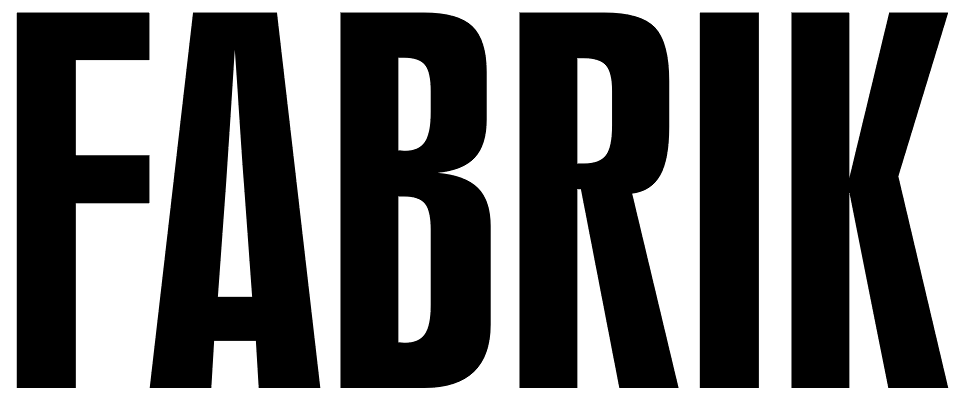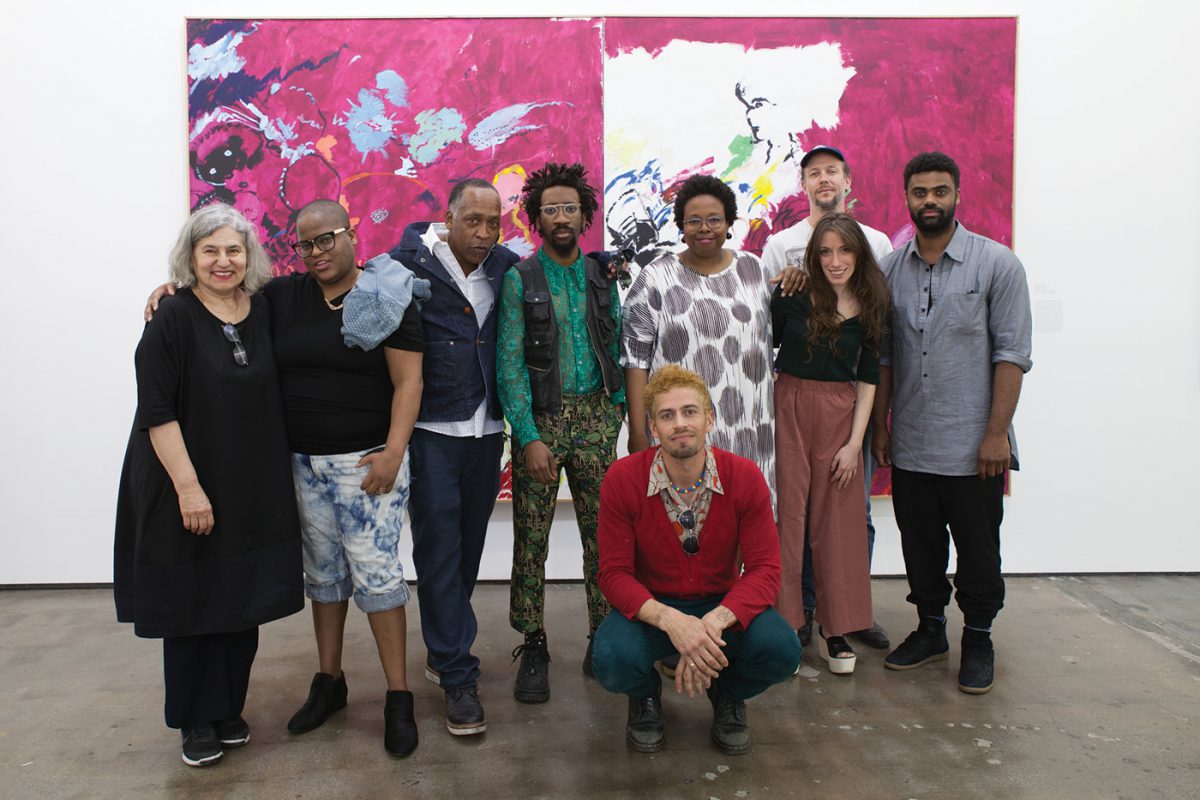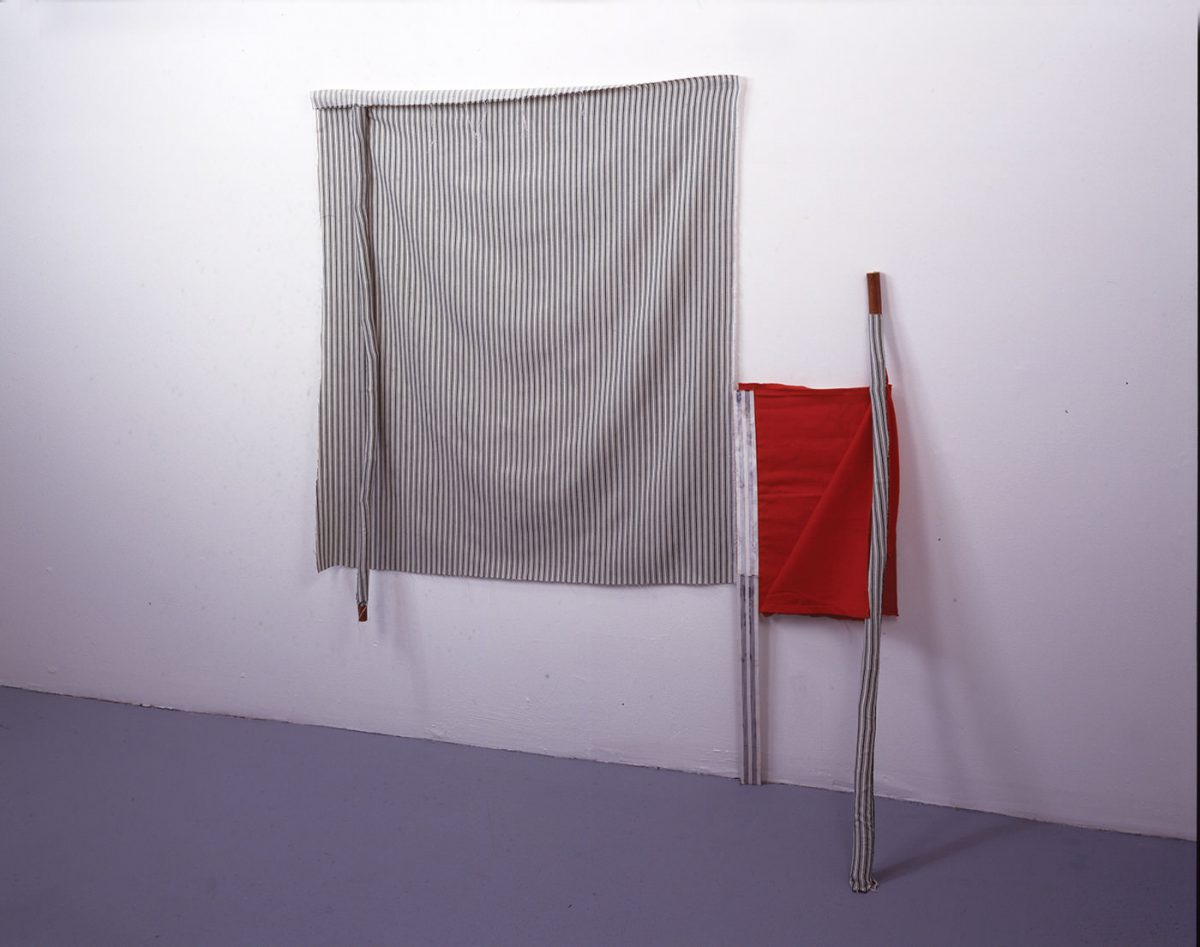The Broad Stage, Santa Monica
Santa Monica College Performing Arts Center
January 8-February 6, 2016
In case you have any doubts, Big Brother is here. Big Brother is there. Big Brother is everywhere. And so are Newspeak, Doublethink, and the Thought Police in politics, academia, media, and daily life whether or not you acknowledge it. The slogans “Ignorance is Strength” and “War is Peace” are confirmed in the hyperbolic chatter of self-styled citizen pundits, as well as the official ones, streaming daily from our ever-present screens. And to take my media quotes beyond George Orwell’s classic tome on totalitarianism and the erasure of history and memory, “the Truth is NOT Out There”, and “Resistance is futile. You will be assimilated.”
When 1984 was first published in 1949 in the early days of the Cold War, Orwell was critiquing Stalin’s Soviet Union and the perversion and betrayal of Marx’s egalitarian socialist dream. But 1984 was also a prophetic warning that has reached far beyond President Eisenhower’s cautionary advice to beware of the power and influence of the Military-Industrial Complex, deep into our 21st century silicon world. Orwell understood the ways in which language controls thought, and what happens when “propaganda” in all its mediated forms infiltrates and permeates every aspect of our lives. He may not have lived to see the digital age but he certainly envisioned the 21st century of “smart” technology and ubiquitous surveillance through which we are watched, tracked, profiled, and monitored 24/7. This condition that we as a society have collaborated in so willingly, is justified in the name of consumerism, security, convenience, and celebrity. Seduced by social media, and “cool” new products and apps, we are complicit in our own surveillance. But who is asking, as Orwell did, what the consequences will be? And who is listening?
Fortunately a few theater artists who see the contemporary relevance of Orwell’s work have brought it back into the spotlight with a chilling sense of urgency. The latest production is the U.K.’s Headlong Theater’s brilliant adaptation directed by Robert Icke and Duncan Macmillan. This staging cuts to the heart of the totalitarian surveillance state in which all perceptions of reality are unreliable, as is the authority of the text. When language itself is degraded, all links between past and present are dissolved. The narratives of history and memory collapse into doubt. Neither a sense of identity, nor individual thought and emotions can be trusted when they have been replaced by behavioral conditioning and social programming.
Central to this interpretation of 1984, and so successfully captured in this production, is the schism produced in Winston, whose job it is as a clerk in the Ministry of Truth to redact texts as a means to excise so-called thought crimes and those who commit them. Winston’s resistance to this stripping of language of content, context, and meaning, is expressed in the radical act of writing down his own inner thoughts. His struggle to find some semblance of meaning in his controlled existence, some small pebble of hope that the “truth” is still out there beyond the watchful eye of Big Brother, is painful in its futility. Yet all the more essential for a contemporary audience to confront as we succumb to the limitations being put on free speech happening right now.
The set in this version of 1984 has the musty aura of an old English college library, or government Ministry archive room, dually supporting and counterpointing the emphasis on a totalitarian control of language. Despite the futility of his effort to leave behind some record of the conditions under which he exists, Winston still puts pen to paper. As we all must in this age of “snap chats”, tweets and other taglines.
The directors remind us of our current position by placing the action of the story in two different time frames simultaneously. Because the sets, characters, and costumes all remain unchanged it takes a couple of scenes to figure out that we are watching Winston in his 1984 present while he is also being observed in retrospect from two generations in the future around 2050. The directors use Orwell’s Appendix as the key to the authenticity of the text and the reliability of its author by placing the audience in the position of both the writer (Winston) and the readers (those debating it half a century later). Thus a subtle dialectic comes into play as sub-text. This is reinforced by having certain “stories” told repeatedly with only slight variation, folded into the conversational commentary on Winston’s predicament. The interjection of blackouts, power failures, alarms, and sirens between scenes adds to the temporal disjuncture.
The reality of constant surveillance is made tangible by a projection screen at the top of the back wall of the set spanning the width of the stage. This screen watches Winston’s most private activities including the writing of his diary, as well as his self-reflective consideration of the consequences of this subversive criminal act. It also monitors his brief equally furtive romantic liaison with his co-worker Julia and their foray into the forbidden pleasures of sex and chocolate. Even a kiss becomes a defiant political act that will be played back to them as a deception that can only result in betrayal, thus proving that “freedom is slavery.” Reinforcing doubt in one’s own perceptions by reversing the order of logical thought is the ultimate form of mind control. When the mind is numbed so are the senses. In a world where two plus two no longer equals four how does one determine what is fact or fiction, “real” or “true”. The words themselves cease to have any meaning.
Winston is of course arrested and brought to the dreaded Room 101 where he is interrogated by an urbane, if slightly ironic, utterly duplicitous Party leader with the coolly confident insinuating air of Francis Eckert in the original British version of House of Cards. Confession, submission, and obedience are extracted from those who question authority, deviate from the rules, and refuse to submit willingly, by subjecting them to their worst fears and terrors. In Winston’s case it is rats.
“How many fingers?” Winston is asked over and over. He sees four. He is told “five.” Here I am reminded of The Prisoner, a prophetic British TV series of the 1960s that explored many of the same questions and issues of language, surveillance, and control as Orwell. There is no escape from the Village and when the protagonist asks, “Who is number 1?”, the reply is, “There is no number 1”. Likewise in 1984 the question of whether or not Big Brother exists, and if he will die, is answered as “not important because the Party (the System) is immortal and will live on. “Big Brother is you watching”. This is the future. The one we are living in now. And like those characters in this staged interpretation who are examining Winston’s world from more than half a century later, we should be paying attention to our own world of “doublethink” and “newspeak”, and “smart” devices monitoring everything.
For Orwell, it all comes back to language and who controls it. Just as Winston pursues a book that supposedly contains “true knowledge”, only to later be told it is all a ruse, and those men of the future probe Winston’s diary looking for insight into their past, we too must examine the desecration of language in our current culture. The oppressive dictates of the latest outbreak of political correctness in our institutions of learning accomplish exactly what Orwell depicts when Winston is told to remove “bad” from the phrase good and bad, and replace it with good and not good. But ‘not good’ is not the same thing as bad. What happens when all the implications of bad are erased? As language shrinks so do all the nuances of critical thinking. When euphemism replaces accurate description, meaning dissolves.
Icke and MacMillan’s production of 1984 holds up a potent mirror to our contradictions. On one hand we applaud Edward Snowden as a hero for exposing the abuses of government spying. On the other we submit to the invasiveness of corporate data mining. We bend to the demands of students with no historical perspective, who attack the First Amendment without any understanding of what it protects and why. By repressing freedom of speech on campus they put at risk the very principles of critical discourse and liberal education, something students in the 1960s so bravely defended and fought for.
Ironically political correctness in no way mitigates or prevents the humiliation and destructiveness of real hate speech, and the ways in which it panders to intolerance and fear, and encourages it. However, the First Amendment provides us (and Bill Maher) with the freedom to openly challenge and expose demagoguery, ignorance, bigotry, misinformation and malfeasance in all its forms, through informed debate and open discussion, humor, satire, and art. Let us hope the day does not come when Orwell is banned from libraries.
The brilliance of Headlong Theater’s production is in its insidious familiarity and intimacy, making it all the more unnerving. It is a more personal approach than The Actors’ Gang’s stark production of a few years ago in which the focus was on Orwell’s proposition that ”all political systems, be they fascist, communist, or capitalist, are based on the same hierarchal economic structure grounded in continuous warfare.” The distortion of language was still the tool used to manipulate the populace into an acceptance of a “totalitarianism of the mind” enforced through surveillance. In both versions, the end goal is to extinguish all independent thought not simply through censorship, but by a more sinister process of erasure and contradiction, thus emptying language of meaning. Given the global political situation in this 2016 year of a Presidential election Orwell’s message is more relevant than ever. Big Brother is watching you watching. Thank you to the artists who speak out.









